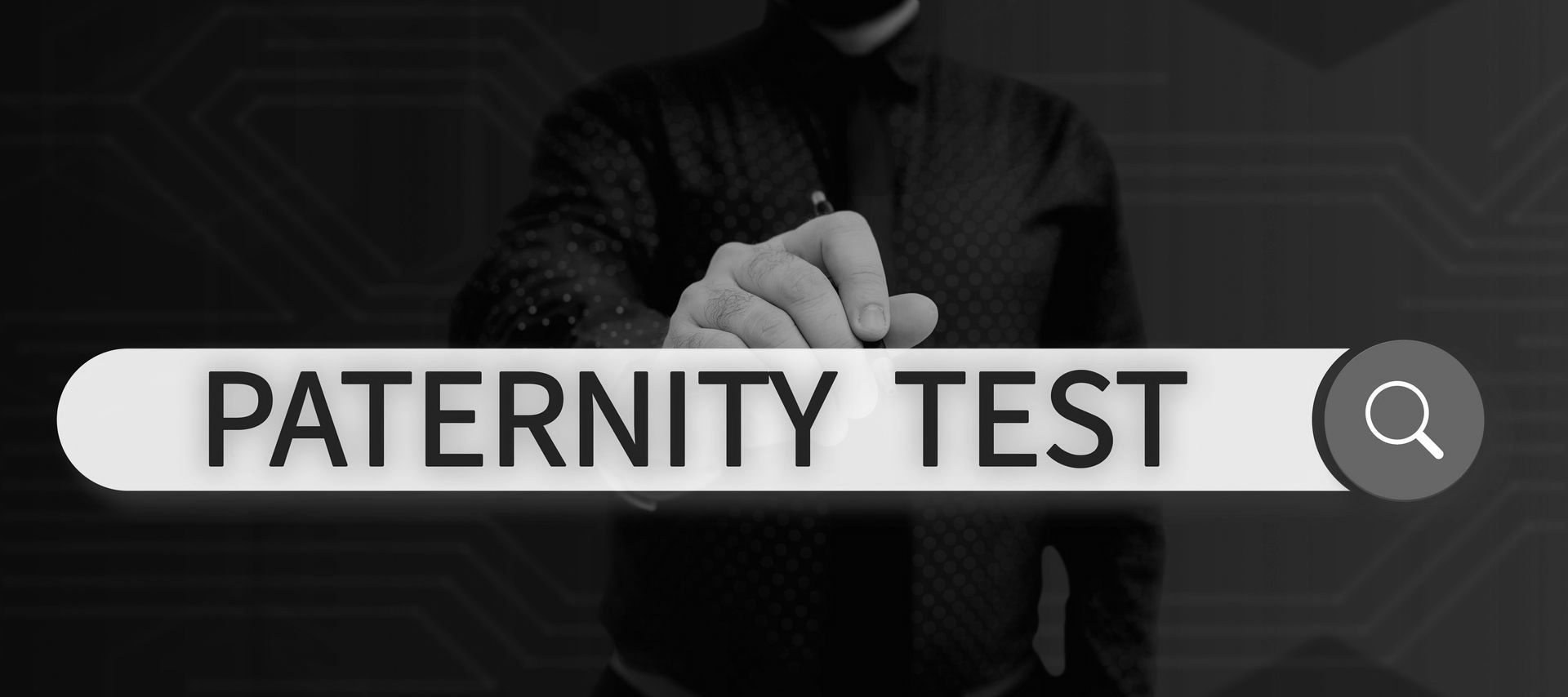Contact Us
Phone: 323-499-3361
Location
360 E 2nd St
Suite 800
Los Angeles, CA 90012
Hours
- Mon - Fri
- -
- Sat - Sun
- Closed
Call Now for a Consultation: 323-499-3361
Mastering Peremptory Challenges in Family Law Cases
Navigating the complexities of family law can feel overwhelming, especially when it comes to ensuring a fair hearing. One essential tool for parties and attorneys is the ability to challenge the presiding judicial officer using a peremptory challenge under California's Code of Civil Procedure section 170.6. This provision allows for the automatic disqualification of a judge, court commissioner, or referee, ensuring that parties can secure a fair and impartial hearing.
What is a Peremptory Challenge?
A peremptory challenge can be initiated through a timely oral or written motion supported by an affidavit or declaration under penalty of perjury. The key is to assert that the judicial officer is prejudiced against a party or attorney, which could hinder the ability to receive a fair hearing. The beauty of this challenge lies in its simplicity: it allows for automatic disqualification without needing to prove specific allegations of bias.
However, remember that only one peremptory challenge is permitted per party in any given action. If a party loses at trial but later succeeds in having that ruling overturned, they may exercise their right to challenge the same judge upon remand.
Timing is Everything
It’s crucial to act swiftly when filing a peremptory challenge. The rules are strict about deadlines:
- If you know who the judicial officer will be at least 10 days before the hearing, your challenge must be filed at least 5 days prior to the hearing date.
- If your case has a master calendar, the challenge must be made to the supervising judge when the cause is assigned.
- For all-purpose assignments, file your motion within 15 days after notice of the assignment or after your appearance.
- If the court has only one judge, you have 30 days after your appearance to file.
In any case, ensure that you serve notice on all parties no later than 5 days after making your motion.
Navigating Challenges for Cause
While peremptory challenges are common due to their straightforward nature, judicial officers can also be challenged for cause under Code of Civil Procedure section 170.1. This requires specific allegations and proof of bias, such as personal knowledge of disputed facts or financial interests in the case. Unlike a peremptory challenge, which does not require detailed proof, challenges for cause are more demanding and generally less common.
If a judge fails to respond to a challenge under section 170.1 within the allowed time frame, they are deemed to have consented to disqualification, as demonstrated in the case of Hayward v. Superior Court. In this instance, the failure of a temporary judge to disclose a relationship with one party’s attorney led to the voiding of all orders and rulings made during the hearing.
Conclusion
Understanding how to effectively use peremptory challenges is vital for ensuring a fair hearing in family law cases. By being aware of the rules and timelines, you can advocate for your rights more effectively. At M.C. Law, P.C., we’re here to help you navigate the complexities of family law, including the nuances of judicial challenges. Our experienced team is dedicated to protecting your interests throughout the legal process.






Schedule a Case Evaluation
Contact us now!
Homepage FCE Form
We will get back to you as soon as possible.
Please try again later.
By submitting this form, you agree to be contacted by our law firm, either by phone, text or by email.
Disclaimer: The information on this website is for general information purposes only. Nothing on this site should be taken as legal advice for any individual case or situation. This information is not intended to create, and receipt or viewing does not constitute an attorney-client relationship.
All Rights Reserved | M.C. Law, P.C. | Powered By Convert It Marketing | Privacy Policy
All Rights Reserved | M.C. Law, P.C. | Powered By Convert It Marketing | Privacy Policy





